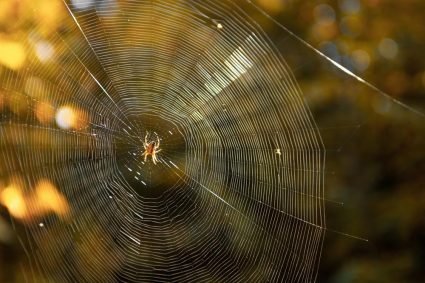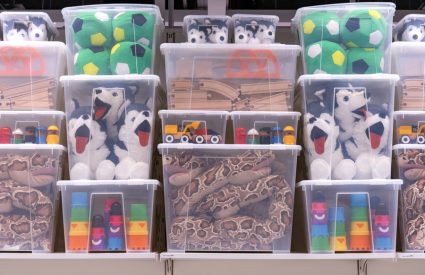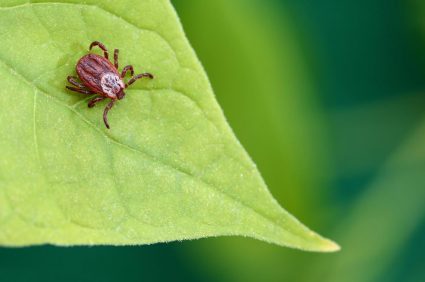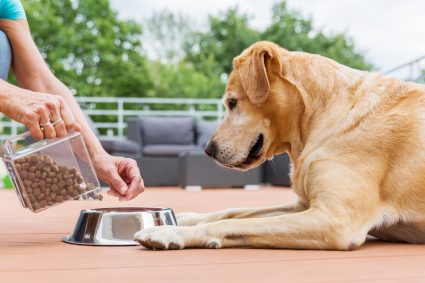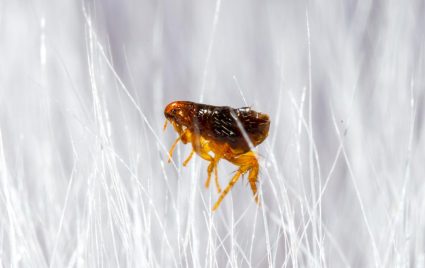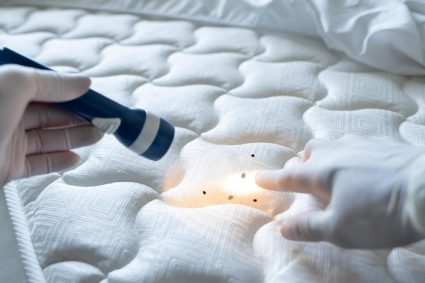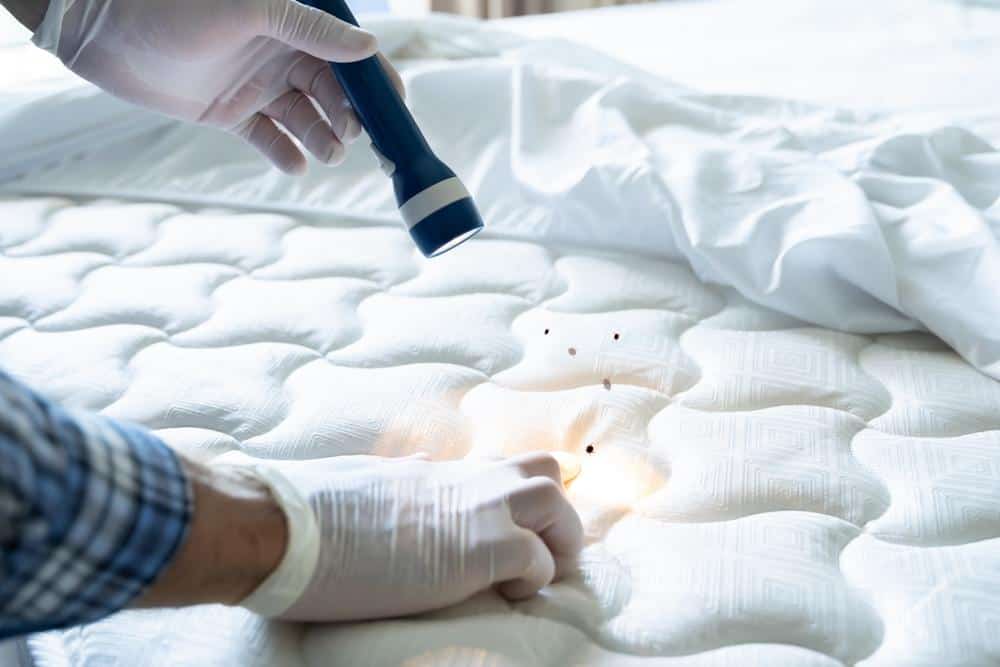
Bed bugs are a common problem and can be a nightmare to get rid of. Many people wonder if household items, such as soap, can be used to combat these pesky pests. In this article, we delve into the question, “Does soap kill bed bugs?” and provide an in-depth look at this method, including its effectiveness, how it compares to other treatments, and some preventative measures to avoid infestations in the first place.
Yes, soap can kill bed bugs by breaking down the outer layer of the bug’s shell, causing it to dehydrate and die. However, it is only effective when it comes into direct contact with the bug and may not be as effective against their eggs. While soap can be used as a part of the solution, it may not be sufficient to eliminate an entire infestation, and professional extermination or bed bug-specific treatments are often necessary.
What are Bed Bugs?
Bed bugs are insects from the genus Cimex that feed on blood, usually at night. They can cause various health impacts, including skin rashes, psychological effects, and allergic symptoms. Bed bugs are considered a public health pest, but they have not been shown to transmit diseases. However, they can cause several negative physical health, mental health, and economic consequences.
They are found in various places, such as apartments, shelters, hotels, cruise ships, buses, trains, and dorm rooms. They hide during the day in places like seams of mattresses, box springs, bed frames, headboards, dresser tables, inside cracks or crevices, and behind wallpaper.
Can Soap Kill Bed Bugs?
Yes, soap can kill bed bugs, but it may not be the most effective method for eliminating a bed bug infestation. Soap works by breaking down the outer layer of the bed bug’s shell, causing the bug to dehydrate and die. However, it is only effective when it comes into direct contact with the bug, and it may not be as effective against their eggs.
Some types of soaps that have shown some effectiveness against bed bugs include Hygea Natural 32 Oz. Bed Bug Laundry Treatment, Bed Bug & Mite Laundry Detergent Additive by Premo Guard, Irish Spring soap, and dishwashing liquid soap.
How to Use Soap to Treat Bed Bugs
To use soap against bed bugs, you can mix water and a bit of dish soap in a spray bottle and apply it directly to the bed bugs. However, this method may not be sufficient to eliminate an entire infestation, and it is recommended to use other methods, such as professional extermination or bed bug-specific treatments, in conjunction with soap to ensure complete eradication.
Risks and Side Effects of Using Soap to Treat Bed Bugs
While soap can help eliminate bed bugs, it is not a foolproof method. It is essential to note that soap-based solutions may not completely eliminate an infestation, so it’s recommended to seek professional help if the problem persists. In addition to using soap, you can complement its effectiveness with natural remedies such as essential oils like lavender, tea tree, peppermint, and eucalyptus, which have been found to repel bed bugs.
Prevention is Better Than Cure
To prevent a bed bug infestation, you can take several measures, such as reducing clutter, using mattress and box spring encasements, regularly washing and heat-drying bed sheets, blankets, bedspreads, and any clothing that touches the floor, vacuuming frequently, and checking secondhand furniture, beds, and couches for any signs of bed bug infestation before bringing them home.
Conclusion
While soap can kill bed bugs, it may not be the most effective method for dealing with an infestation. A more comprehensive approach, including the use of other pest control methods and professional assistance, may be necessary to fully eliminate bed bugs from your home. Always remember, prevention is better than cure; take proactive steps to avoid a bed bug infestation in your home.
Frequently Asked Questions
Can bed bugs survive in water?
No, bed bugs cannot survive in water. However, they are very good at avoiding water, and they are not easily drowned. This is why simply washing infested items may not be enough to kill them.
Can bed bugs become resistant to soap?
There is no known evidence that bed bugs can develop resistance to soap, as soap works by physically breaking down the bug’s outer shell, causing it to dehydrate and die. However, soap is not a foolproof method for dealing with an infestation and should be used in conjunction with other methods.
Can bed bugs spread diseases?
According to the Centers for Disease Control and Prevention (CDC), bed bugs do not spread diseases. However, their bites can cause skin rashes, allergic reactions, and psychological effects.
How can I identify a bed bug infestation?
Signs of bed bug infestation include bites on your skin, blood stains on your sheets or pillowcases, dark or rusty spots of bedbug excrement on sheets and mattresses, bed clothes, and walls, bed bug fecal spots, egg shells, or shed skins in areas where bed bugs hide, and an offensive, musty odor from the bugs’ scent glands.
How long does it take for a bed bug infestation to become noticeable?
The time it takes for a bed bug infestation to become noticeable can vary widely and depends on factors such as the size of the infestation and the individual’s sensitivity to bed bug bites. In some cases, it may take weeks or even months for an infestation to become apparent.

